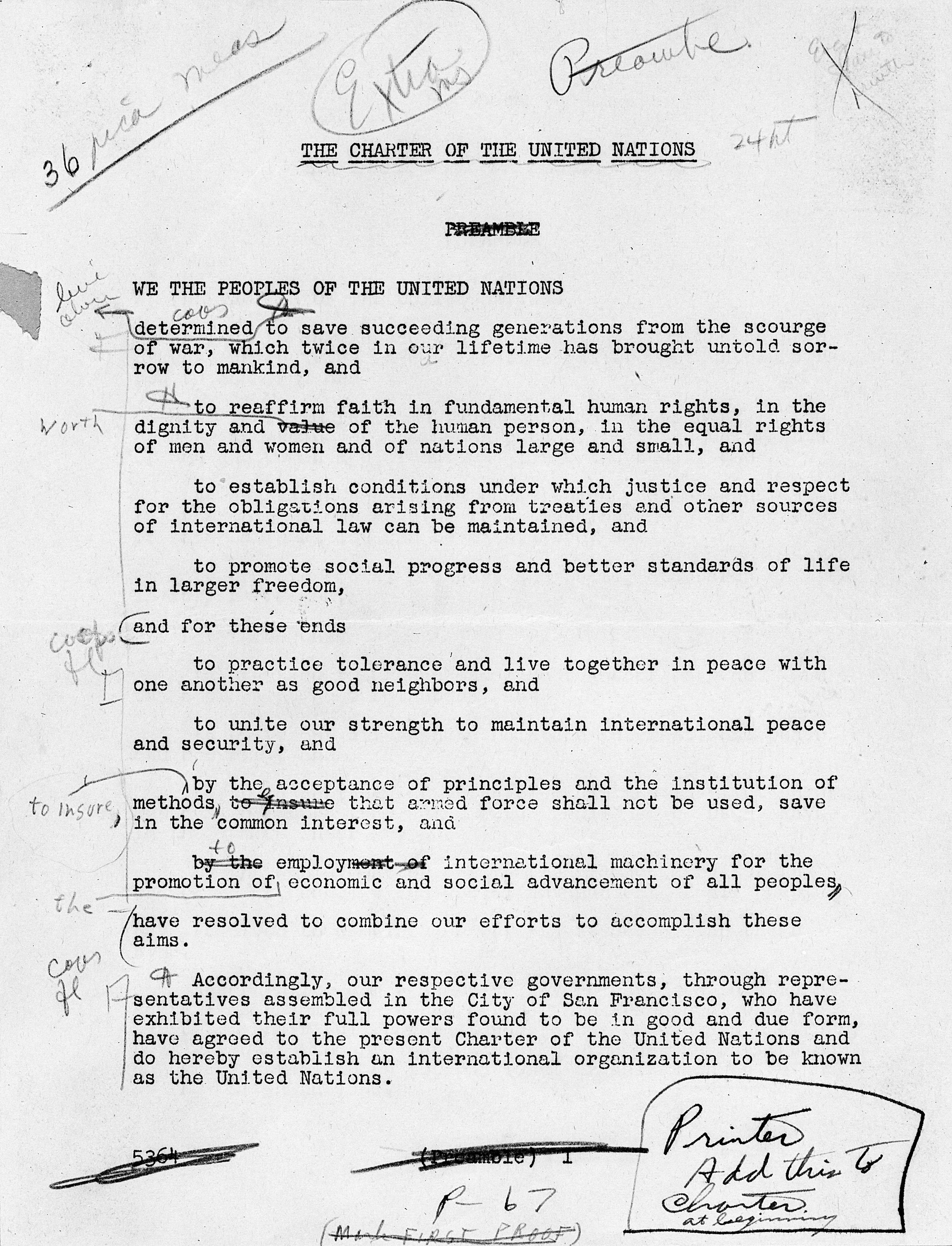1 January 1942 || The name "United Nations" is coined
24 October 1945 || The United Nations officially comes into existence
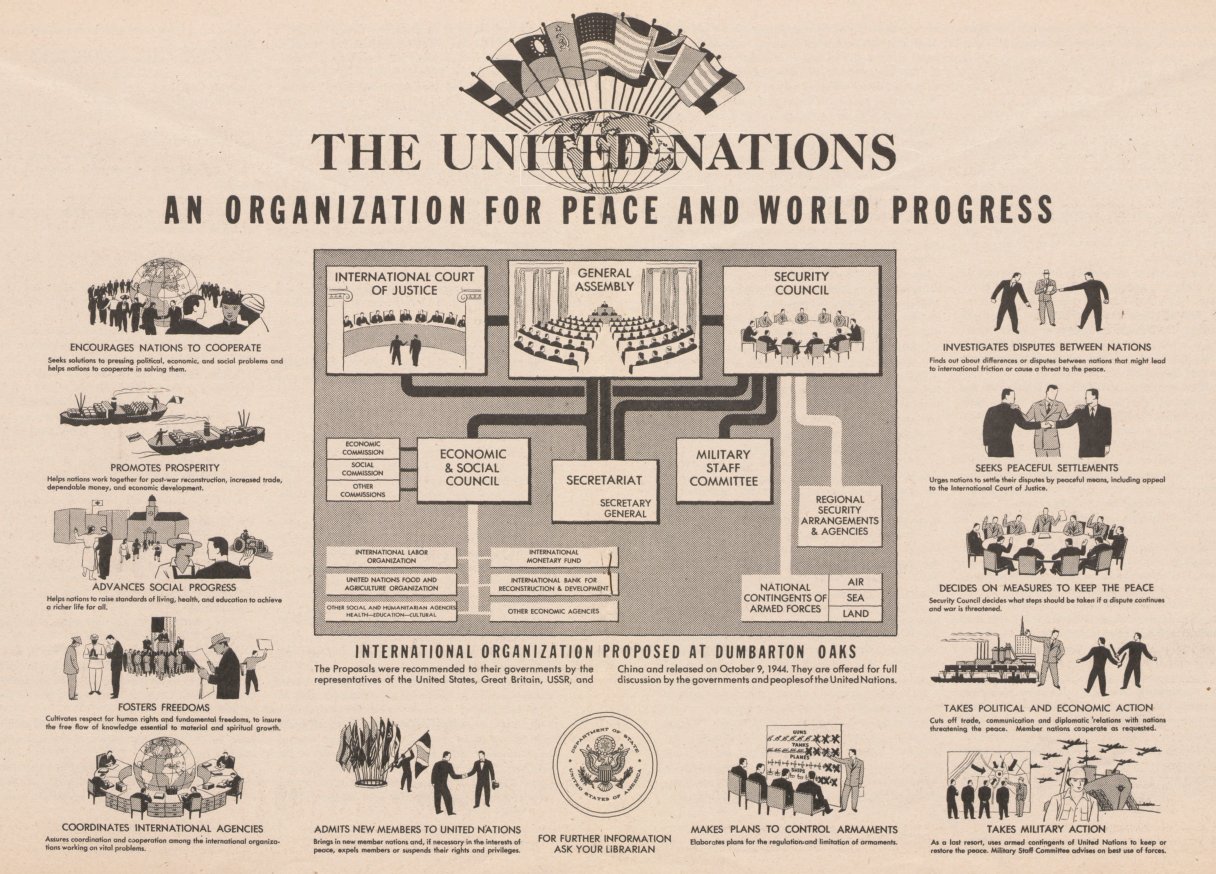
UNITED NATIONS |
| ___________________________________________________________________________________________________________________________________________________________________________ |
1 January 1942 || The name "United Nations" is coined 24 October 1945 || The United Nations officially comes into existence |
 |
|
| MISSION and WORK |
The United Nations is an international organization founded in 1945. It is currently made up of 193 Member States. The mission and work of the United Nations are guided by the purposes and principles contained in its founding Charter.
Due to the powers vested in its Charter and its unique international character, the United Nations can take action on the issues confronting humanity in the 21st century, such as peace and security, climate change, sustainable development, human rights, disarmament, terrorism, humanitarian and health emergencies, gender equality, governance, food production, and more. The UN also provides a forum for its members to express their views in the General Assembly, the Security Council (*) , the Economic and Social Council, and other bodies and committees. By enabling dialogue between its members, and by hosting negotiations, the Organization has become a mechanism for governments to find areas of agreement and solve problems together. The UN's Chief Administrative Officer is the Secretary-General. 2020 marks the 75th anniversary of the United Nations. |
| The Academic Council on the United Nations System (ACUNS) unites people who are active in the work and study of the UN, to better understand and address the most pressing global issues of our time. The United Nations was founded in 1945 to “save succeeding generations from the scourge of war.” |
| ACUNs Meeting 2022 |
|
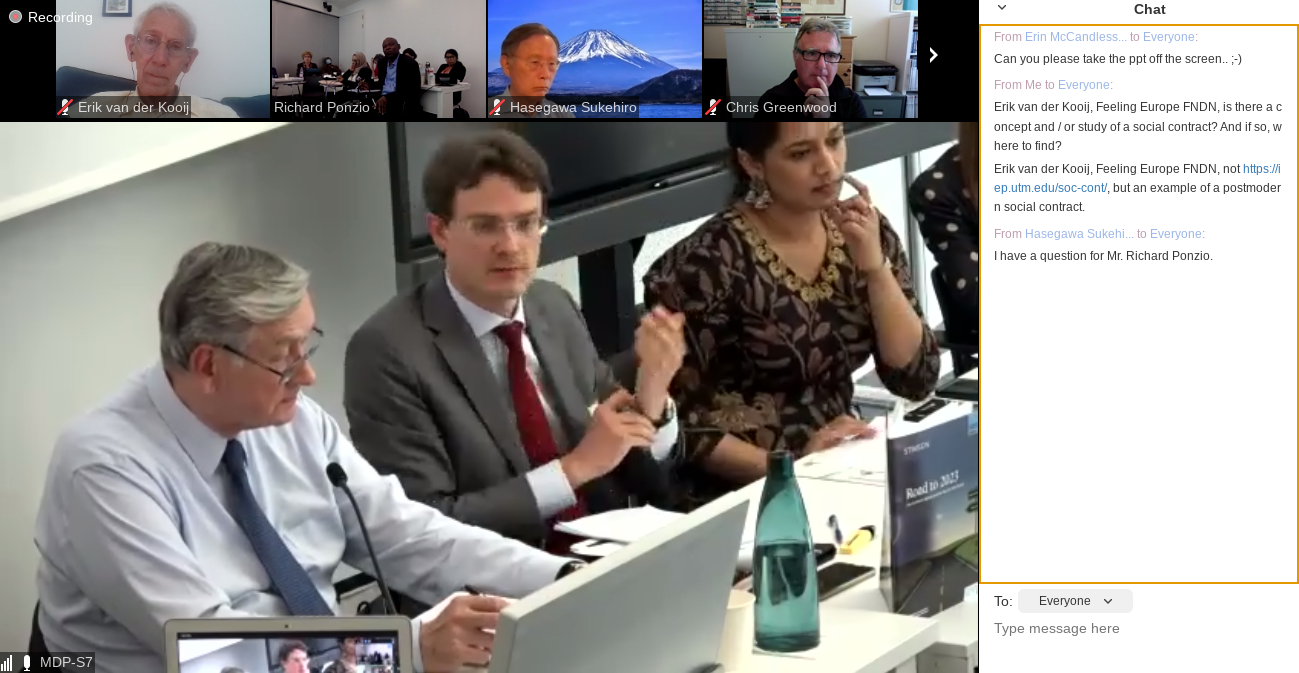 |
|
 |
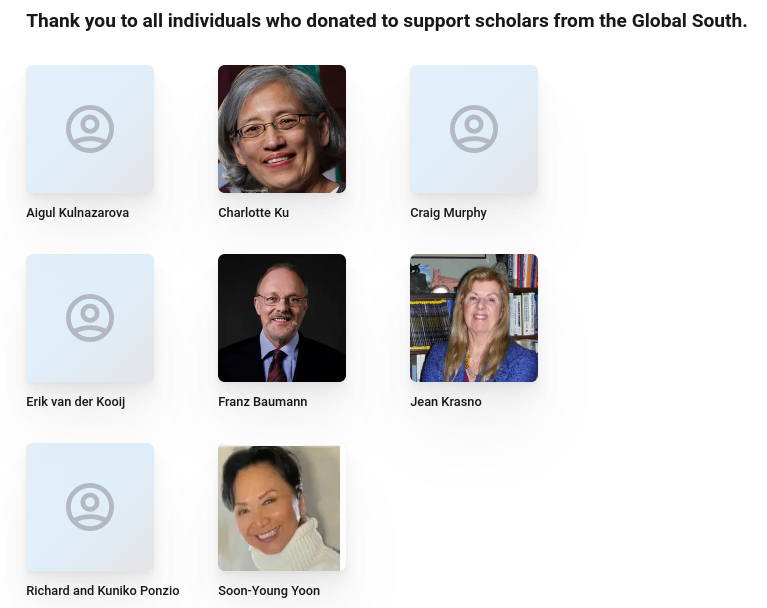 |
| MODEL UNITED NATIONS 2013 |
On September 7, 2013, the “Centenary Peace Palace Model United Nations” attracted a total of 250 participants who gathered to simulate the United Nations Security Council in it efforts to shape a peaceful Resolution for the conflict in Syria.
After the keynote speech by Mr Richard Dictus (UNV Bonn), several Masterclasses on UN topics, and a tour through the Peace Palace (incl. the main Court Room), the specially designed Model United Nations started.
The Security Council resolution was rejected after a veto by the Russian Federaton. China had abstained from voting. |
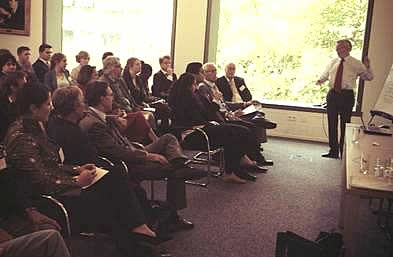 |
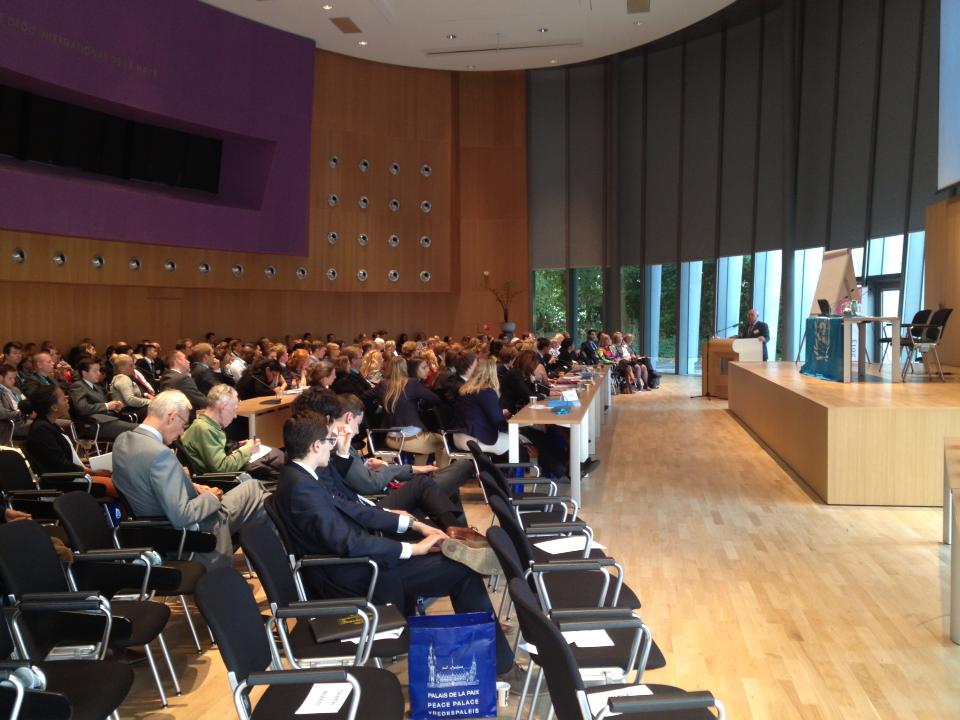 |
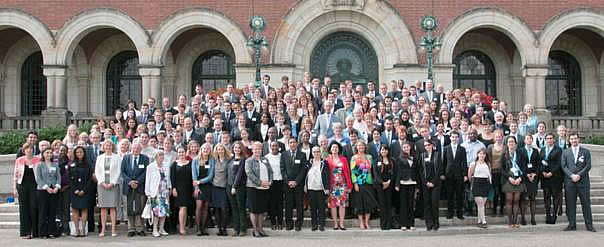 |
Thursday 12/09/13, the United Nations has received a letter of notification of Syria for the Chemical Weapons Convention. U.S. Secretary of State John Kerry is still not satisfied with the commitment of Syria, and said that the U.S. can still proceed to military intervention. He stated in presence of Russian counterpart Sergey Lavrov in Geneva. According to Lavrov 'cleaning up the Syrian chemical arsenal makes any attack on the country superfluous'.(letter 13 September 2013 to SG UN from OPCW and WHO, belonging to the report on the investigation of the alleged use of chemical weapons on 21 August 2013 in the Ghouta area of Damascus, S.A.R.) Security Council adopted 27 September unanimously resolution 2118, which requires scheduled destruction of Syria’s Chemical Weapons. |
| ORIGINS |
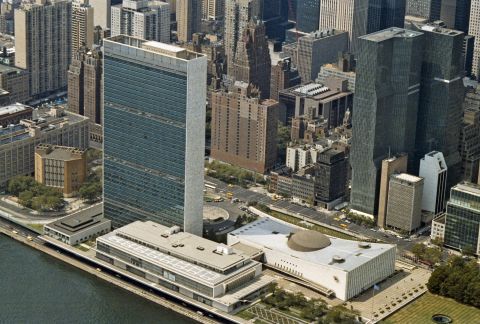 |
|
|
